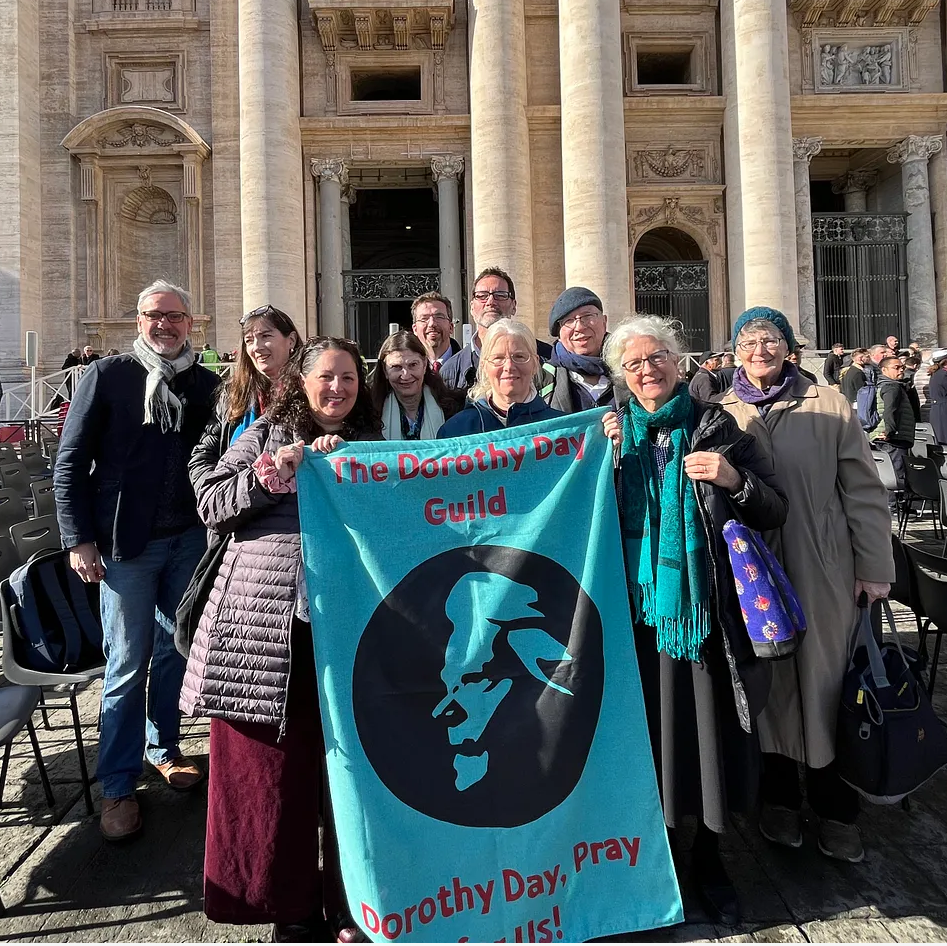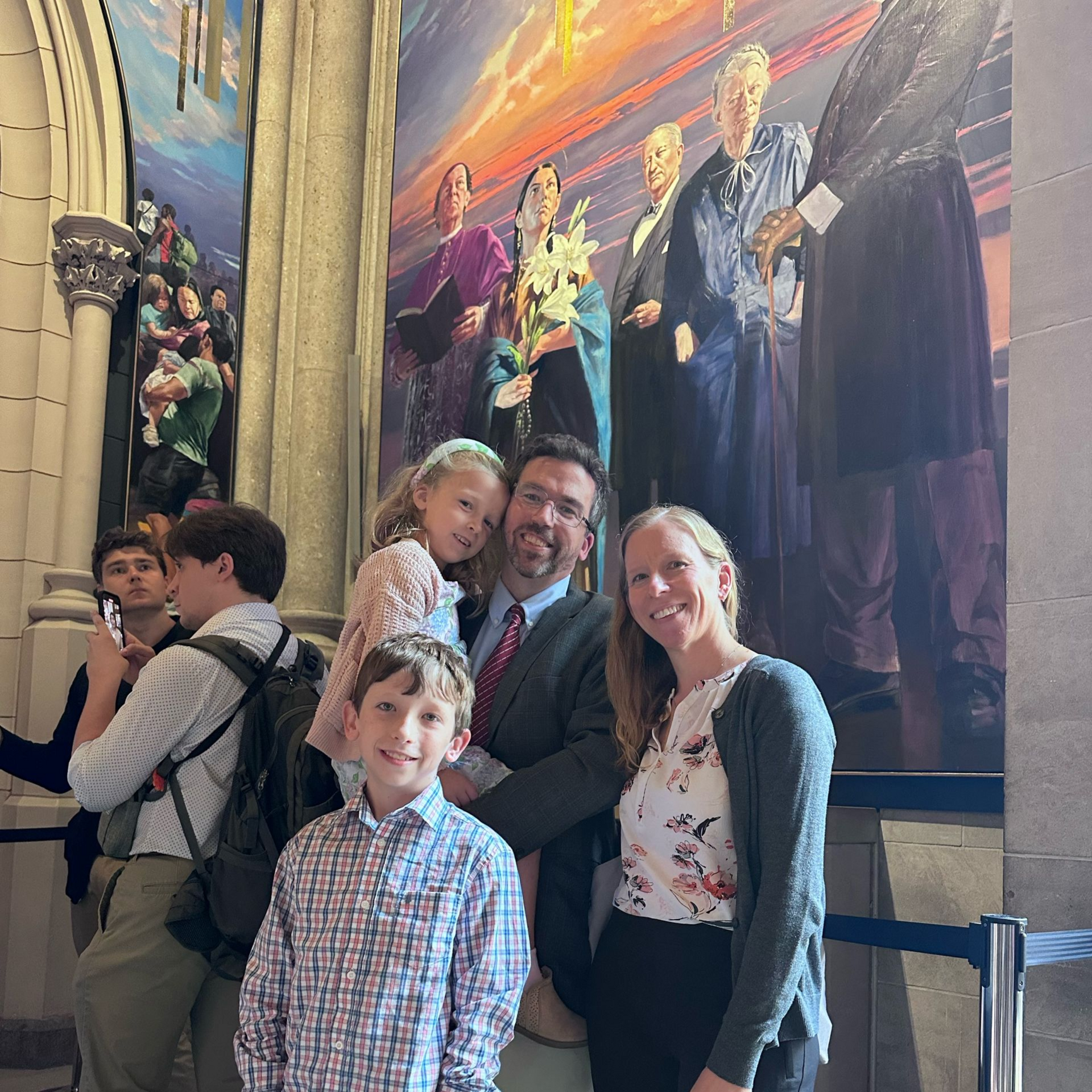Summer News and Updates from the Guild!
Dear members and friends of the Dorothy Day Guild,
We hope this missive finds you well! The heat has finally broken in South Bend, and all of us at the Worker are grateful for the relief as we’ve passed the mid-point of the summer season. For many of us in the Midwest and the Northeast, this time of year is marked by transitions and heightened activity as we begin to bring in stone fruit and tomatoes from our gardens or look towards the start of a new school year. With that in mind, we have a lot of great things to share with you this month, including new resources, song lyrics, events, and two peace and justice action items!
Dorothy on the Small Screen:
Friday, August 1st marked the third anniversary of the death of Tom Cornell, former editor of the The Catholic Worker, founding member of the Catholic Peace Fellowship, and close personal friend of Dorothy. Tom met his wife Monica (pictured here at their wedding, where Dorothy was among the guests!) at the Worker in New York in the 1950s; the Cornells passed on their vocation of hospitality and Gospel nonviolence to their children, Tommy and Deirdre, and to the hundreds of others they welcomed into their homes and lives over the course of nearly sixty years of marriage.
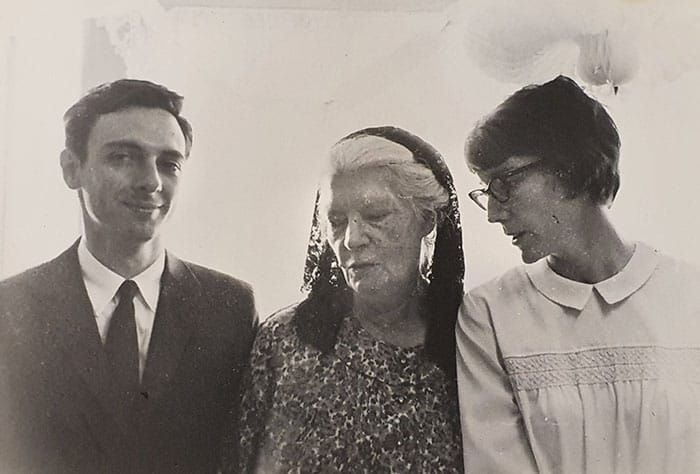
In 1971, Tom appeared beside Dorothy in an interview for Christopher Closeup, speaking with their hosts on overcoming fear, living out the Gospel of peace, and how we can prepare ourselves and our communities for the risks of discipleship.
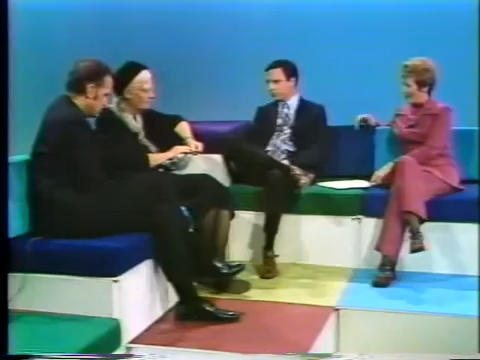
In this conversation, Dorothy reminds us that “The last words of Jesus were to– the last command– was to lay down our lives for our brother, not to take life. And that would mean certainly taking what comes without looking for our help in weapons or the arms race.” To honor Tom’s anniversary and the upcoming 80th anniversaries of the bombings of Hiroshima and Nagasaki on August 6th and August 9th, 1945, the Christophers graciously allowed us to share the full interview on our YouTube channel.
We are especially excited to share this video with you since the Guild maintains a strong relationship with the Catholic Peace Fellowship and will again be co-sponsoring the Peace Dinner at the USCCB meeting in Baltimore this November.
Dorothy and Tom’s reflections on discipleship and following Jesus are as fresh and necessary today as they were decades ago; both spent their lives putting these teachings into practice in great and small ways. In response to a question on practical approaches to nonviolence as a way of life, Dorothy suggests we should “always begin with [ourselves], I think. And it’s a question of thought, word, and deed, not to be thinking resentful or violent or antagonistic thoughts… We have to remember that we are all members one of another.”
We are constantly seeking to make our Guild educational resources and materials more accessible to a wider audience, and we are very pleased to offer full closed-captioning/subtitles for this interview in both English and Spanish. For those who would prefer to listen to this conversation as a podcast, there is also a recording available on SoundCloud.
Music!
I had another chance last month to catch up with singer Sally Rogers, who wrote “No Time to Feel Hopeless” after a quote by Dorothy and mentioned that the Guild had been keeping track of these musical tributes and that we were looking for any more information about Hugh Blumenfeld’s “The Ballad of Dorothy Day,” which he wrote and performed at the “Theology of Work and the Dignity of Workers” conference in 2011. Sally reached out to Hugh on our behalf– he wrote,
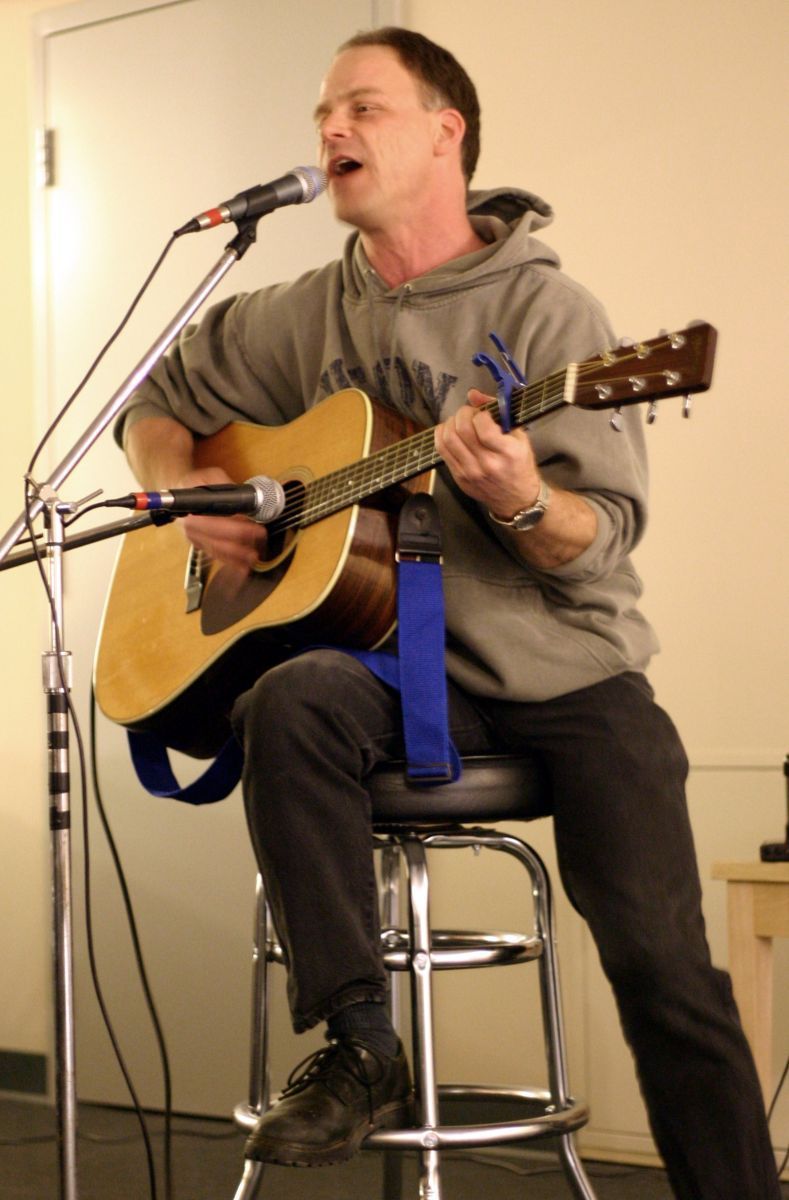
“I did indeed write a song about Dorothy Day!
My cousin was a legal scholar who wrote a brilliant biography in a law review journal and when he invited me to play at the annual Labor Law conference he used to organize, I had to write something to honor her. It may be relevant that the audience I played it for included a lot of priests, nuns and bishops - maybe even a cardinal (who knows what those hats mean?)
Here are the lyrics. Fortunately it’s to the tune of Woody Guthrie’s “Jesus Christ” who appropriately chose the melody of the outlaw ballad of Jesse James, all of which I thought was a) incredibly appropriate for this saint and b) well-known and/or easy to learn.”
Hugh’s lyrics encompass Dorothy’s expansive vision of peace and her conviction that nonviolence and a just economy which honored the dignity of labor were two sides of the same coin:
“For fifty years and more she spoke out against each war
No matter the reason or the cause
'Cause when all was said and done, no matter which side won,
The worker was the one who took the loss
At 80 years of age she still fought for a living wage
Nothing could turn her from the path
She marched with Cesar Chavez and got booked in California
For trampling out the grapes of wrath”
For the musically inclined among you, we assembled a printable song sheet with the full lyrics– break this one out at your next summer campfire and teach it to your friends!
Act for Peace and Justice:
This month, we are excited to share two opportunities for you to live out Gospel nonviolence for yourself. First, the Community of Sant’Egidio is hosting a Vigil for Peace this weekend at The Chapel of the Sacred Hearts of Jesus and Mary in Manhattan to mark the anniversaries of the nuclear bombings of Japan and asked the Dorothy Day Guild to take on and host an hour of prayer. We have chosen the 10:00-11:00 AM timeslot on Friday, August 8th.
Dr. Kevin Ahern and others from the Guild will be present in the chapel, located at 325 E 33rd St, New York, NY 10016, for that hour. If you are in the area, please feel free to join for some or all of the hour and join us in praying for an end to our world’s reliance on nuclear weapons, the possession of which, Pope Francis reminded us, is immoral.
If you are not local to New York, you are invited to participate virtually! The 75-hour vigil begins on August 6th at 6:00 AM Eastern and will be livestreamed here. Your prayers for peace in our world are necessary and powerful; please join us in asking Dorothy to spiritually accompany us during this three-day period of intercession and repentance.
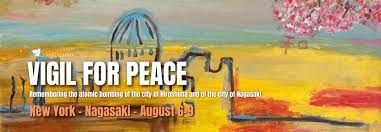
We also recently learned of a new lay Catholic organization called The Dorothea Project,
“a growing group of Catholic women on a mission to educate on Catholic Social Teaching so our communities are empowered to speak truth and act in defense of vulnerable people whenever human rights and human dignity are violated.”
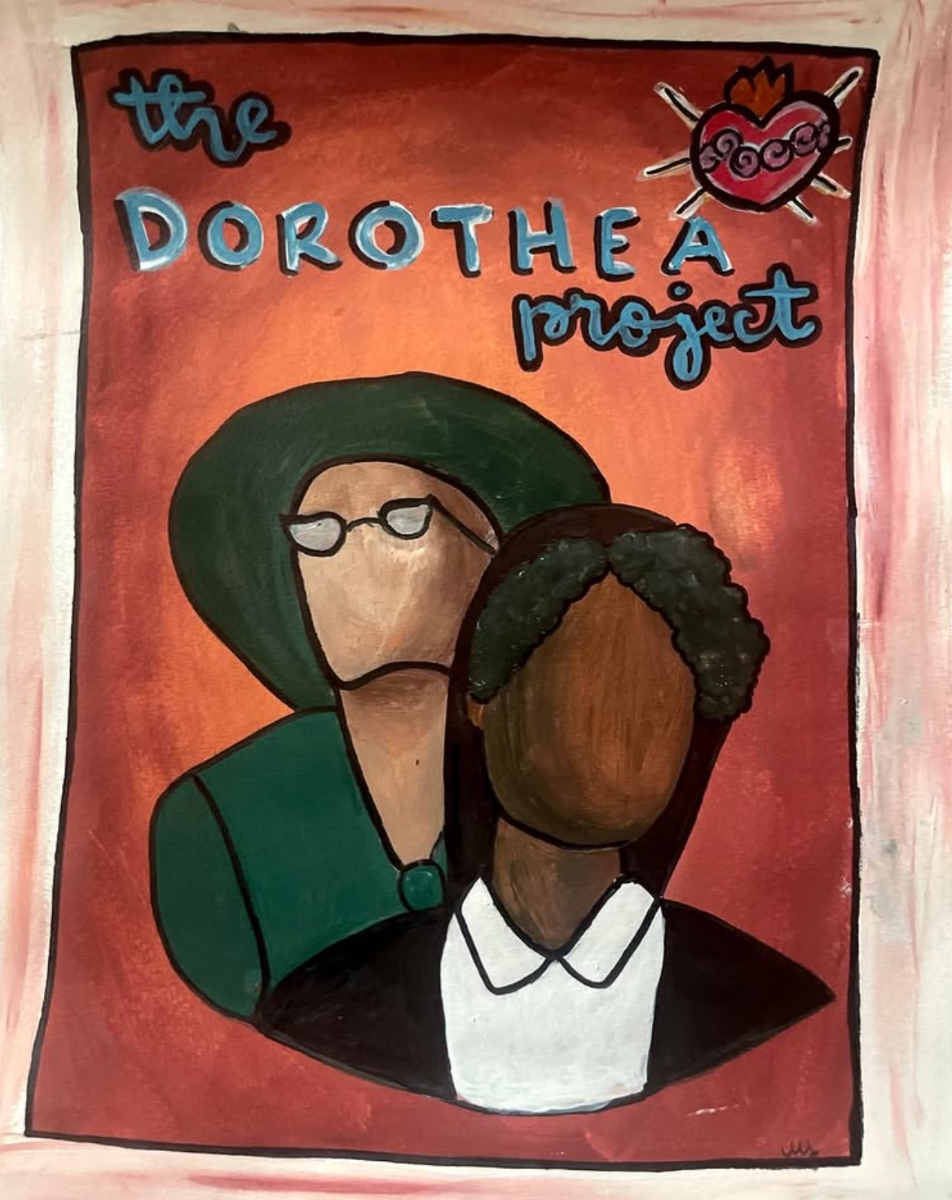
Named for their patrons, Sister Thea Bowman and Dorothy, members of the Dorothea Project have been reaching out to their bishops, “urging them to speak out publicly and advocate politically for mercy in the treatment of migrants.” A profile by Heidi Schlumpf for National Catholic Reporter notes that “The project is reaching younger women especially — most in their 20s and 30s — who have a common yearning for a community committed to both faith and social justice, something many say is lacking in their own parishes.”
The next action item that the Dorothea Project undertakes will focus directly on outreach to parish priests, many of whom already speak openly with their congregations on immigration issues and take a strong interest in promoting the dignity of migrants. If you are interested in participating in this work and joining a community of Catholic women who are living out the faith of Dorothy and Sister Thea today, sign up for more information using this form!
Lectures and Podcasts:
Last September, many of our friends gathered in Chicago for the Peter Maurin conference organized by Canterbury House and St. Gregory’s Hall. Several of the keynotes and roundtable discussions from this event are now available on YouTube, and they’re all excellent. Dr. Jon Sozek offered a keynote address on the lived personalism of the Catholic Worker movement, and how Peter and Dorothy adapted the European philosophical movement into a working concept of discipleship for an activist, American context.
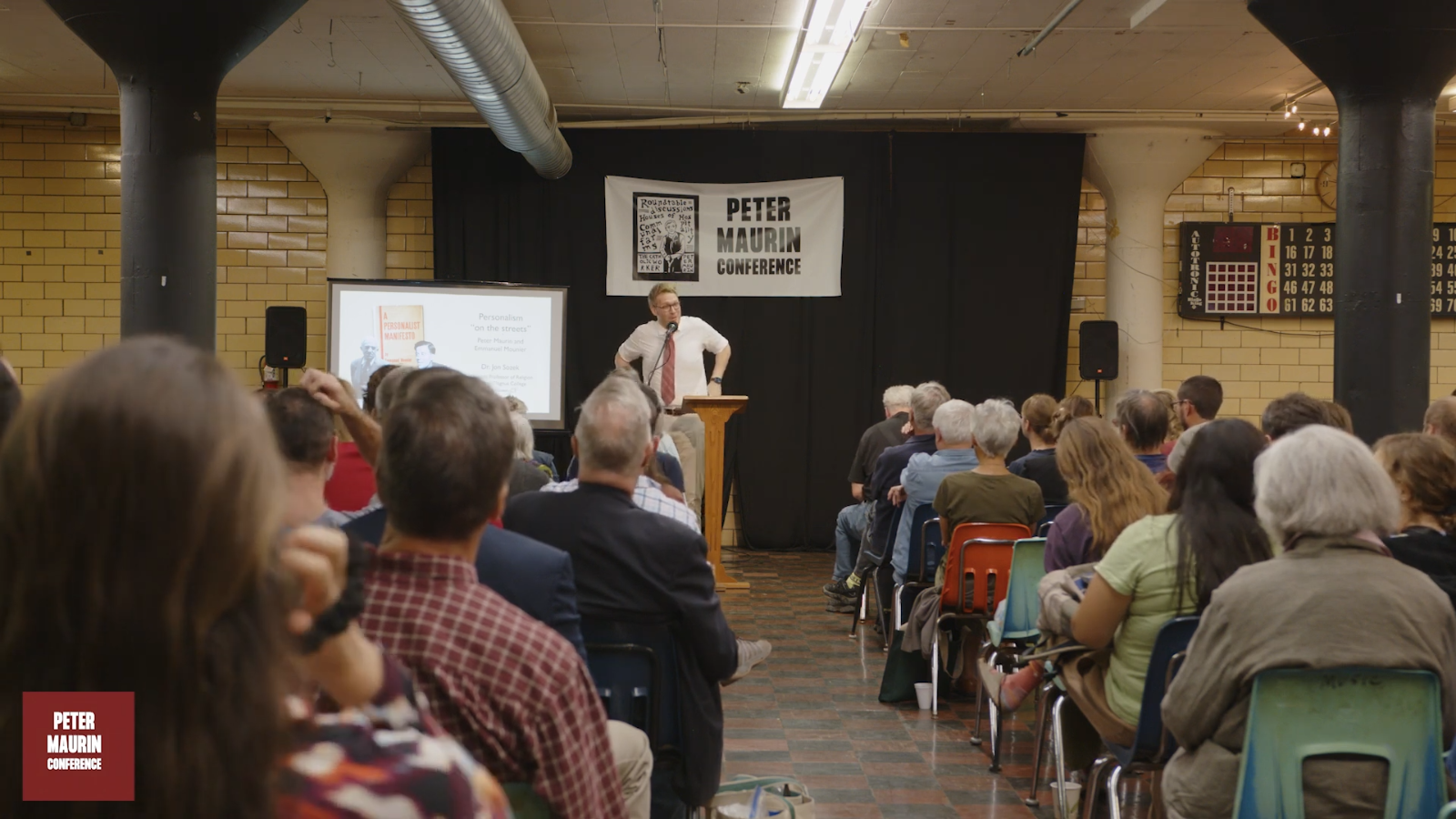
The whole keynote is available as part of that playlist, but for a brief teaser, check out this three-minute clip on Dorothy’s personalist influences, where Jon provides a helpful gloss of what personalism looks like in practice within the Catholic Worker context. He says,
“I think that what Maurin and Day did together is take this abstract, heady twenty-something philosophy grad student movement in France and make it into something that number one, was recognizably Christian, and was rooted in real human circumstance. It made it into the personalism that I think all of us in the room would want to see celebrated.”
Thank you, Jon, for this clarifying discussion on an important and complex topic which is so foundational to understanding the Catholic Worker!
Our friend James Murphy, one of the organizers of the Peter Maurin conference and currently helps run the Harrisburg Catholic Worker community, also appeared on a recent episode of Dustbowl Diatribes, a podcast produced by The Maurin Academy for Regenerative Studies. James spoke with hosts Laurie M. Johnson and Spencer Hess on learning to become a cooperator and the freedom offered by voluntary poverty. In this discussion, Laurie asks about the relationship between the Catholic Worker movement and politics, and whether we should characterize the Worker “as primarily a political movement, social movement, or an alternative to politics.” In his response, James points to Dorothy and Peter’s emphasis on the primacy of the spiritual, and their interest in radical reconstruction of the social order rather than simply reforming our current systems. He says,
“I don't think they saw politics as a way of reconstructing the social order, which I think is a major part of why the Catholic Worker was started: to create a new society in the shell of the old. And I don't think politics had much to do with it. I think they looked at it more from the bottom up, more of a grassroots based on the Green Revolution. And the Green Revolution, for Peter and Dorothy, was more about the sixth, seventh century Irish monks who had reconstructed the social order, after the fall of the Roman Empire and the barbarian invasions… [Peter and Dorothy] changed, I think, the hearts and minds of the people, and I think politics is more of a top-down effort.”
This episode of Dustbowl Diatribes touches on a wide range of philosophical and practical topics, so if you’re interested in how Dorothy’s approach to Catholic Action and the Gospel is still influencing Catholic Worker communities in the present, be sure to listen to the whole conversation!
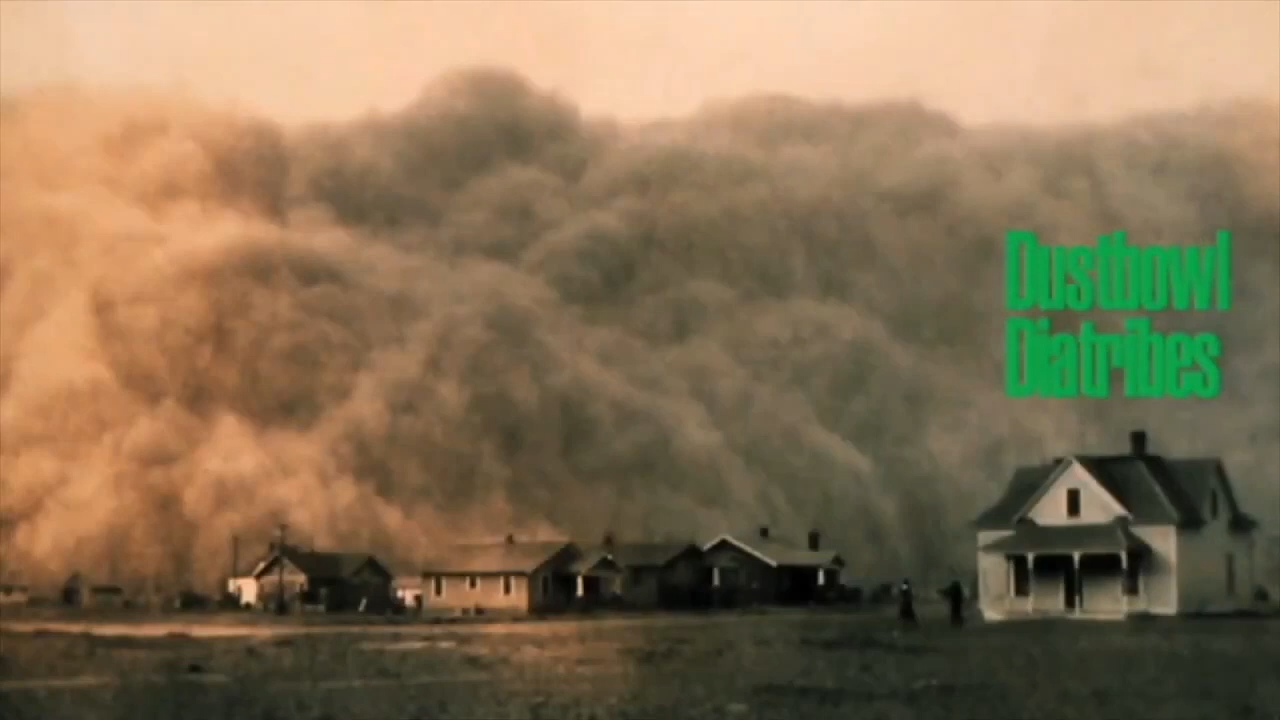
Articles:
We have two articles to share with you for this edition of the Guild’s monthly missive. First, many thanks to Renée Roden for her recent Roundtable article, “Catholic Worker Archivists Keep 90 Years of History Alive.” For this piece, Renée spoke with Bill Fliss at Marquette University, who took over managing the Dorothy Day/Catholic Worker archives after Phil Runkel’s retirement, and Dr. Kevin Ahern, our Guild chair, who also directs the Dorothy Day Center at Manhattan University. Among many other projects, the Dorothy Day Center is working “to preserve the material collections the Guild received during the canonization process.”
This article is an especially useful resource for any students or teachers interested in doing original research on various aspects of Dorothy’s life and legacy, or for anyone who has Dorothy-related material to contribute. Renée distinguishes the particular focus of each of these two collections. As she explains,
“Marquette University's archives are focused on preserving the historical records: papers, letters, and newspapers, William Fliss said, while the Dorothy Day Center is focused on preserving material culture and objects of Day's and on extending her legacy through active dialogue with student groups.
The Dorothy Day Center and Marquette University have collaborated to determine the scope of each's collections and ensured that items find the right home.”
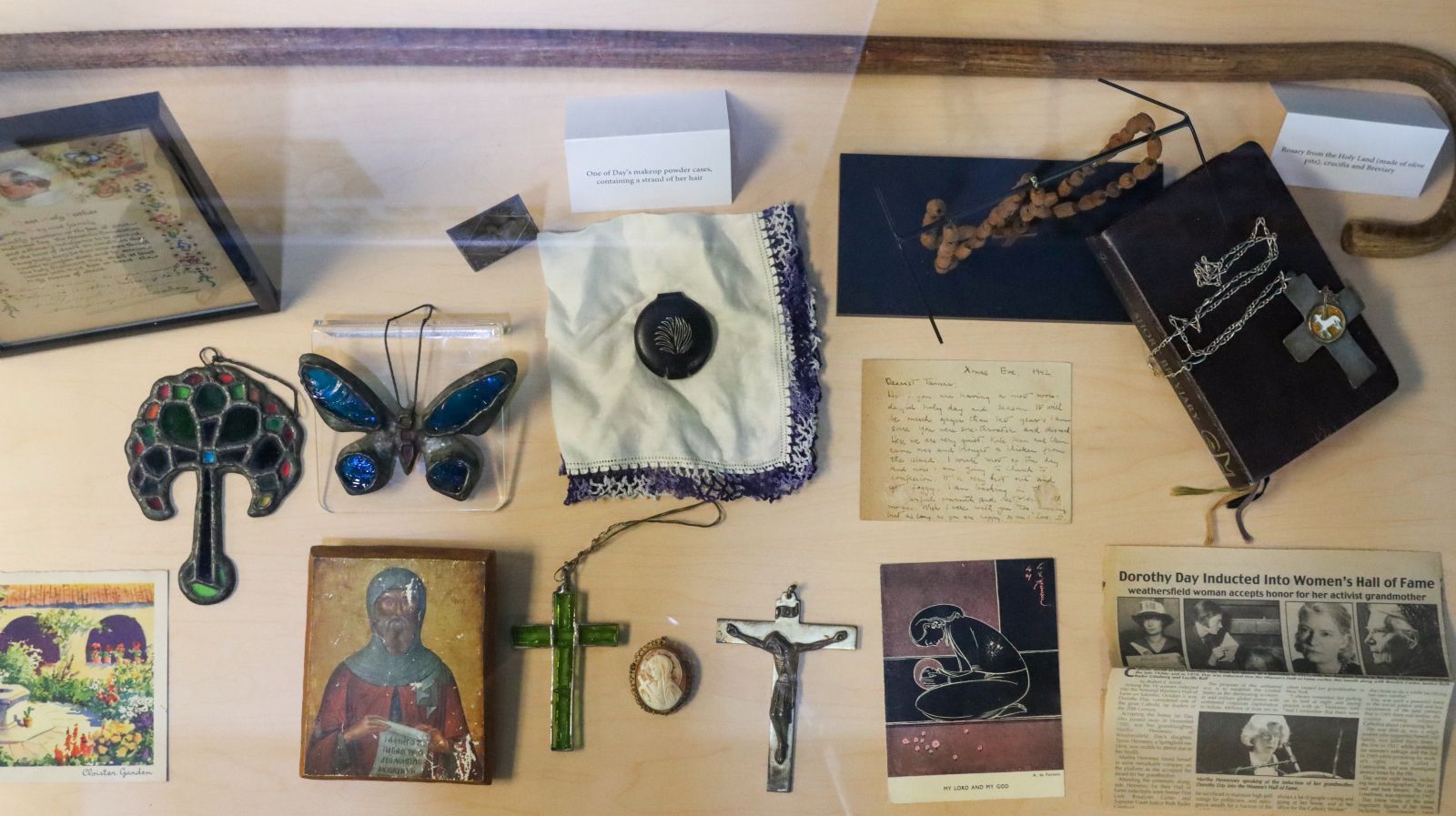
If you are interested in visiting or contributing to either of these collections, or learning more about other centers for related archival research, find out how on the Catholic Worker movement website.
Second, for all the sci-fi fans out there, Jeannine Pitas recently published “A guide for resistance, from Octavia Butler and Dorothy Day,” for U.S. Catholic, finding connections between Butler’s Earthseed novels, The Parable of the Sower and The Parable of the Talents, and the founding of the Catholic Worker movement. Pitas writes,
“Throughout the two-part story, protagonist Lauren Olamina… remains true to the vision she calls Earthseed, ultimately establishing a network of small communities of people who share it.
Much like Earthseed, the Catholic Worker Movement began as an inspired vision amid bleakness of the Great Depression. When radical journalist and Catholic convert Dorothy Day met French anarchist and former [religious brother] Peter Maurin, their conversations led them to found The Catholic Worker, a radical newspaper still published today.
But, like Butler’s heroine, Day and Maurin found that good ideas were not enough. They soon gathered the marginalized and vulnerable of society in small, autonomous communities with the desire ‘to create a new society within the shell of the old.’”
The Earthseed novels may appear dystopian, and spookily prescient, featuring a fictional far-right president who campaigns under the slogan “Make America Great Again” while society collapses, but ultimately, like Dorothy’s own story, they reveal the significance of love found in community, and the necessity of a shared vision of flourishing beyond the immediate horizon of the present crisis.
Volunteer Opportunities:
Our friends at Catholicworker.org have two active projects underway, and are currently looking for more help. This year, Jerry Windley-Daoust and several others have undertaken a major website overhaul to update the international directory of Catholic Worker communities, and of particular interest to the Guild, to review and correct the online library of Dorothy Day’s writings. The Catholic Worker movement website has been used by over 300,000 people in the past two years alone and is the most comprehensive online collection of Dorothy’s columns and the full texts of several of her books. Volunteers who want to help update the Dorothy Day library online will compare the website text against scanned images of the original articles from the Catholic Worker newspaper (via the Catholic News Archive), make corrections where needed, improve article summaries, and suggest content tags.
Both of these volunteer opportunities are fully remote– you can help keep Dorothy’s writing free, accurate, and accessible, as well as connect others to service opportunities and new friendships in Catholic Worker communities from anywhere! If you would like to help, please be in touch using this form.
Events:
We have been having a great summer of online and in-person events! Our two book clubs both wrap up this week– it’s been a fantastic experience reading The Long Loneliness and Mi conversión: De Union Square a Roma (From Union Square to Rome) with our Spanish-language group. Enormous thanks to Magdalena Muñoz Pizzulic and Graceann Beckett, our Dorothy Day Guild Graduate Research Fellows, for guiding us through Dorothy’s autobiographical works over the past several weeks. We hope to offer another book club during the fall semester, so if there is a book by or about Dorothy that’s been on your list for a while, please let us know!
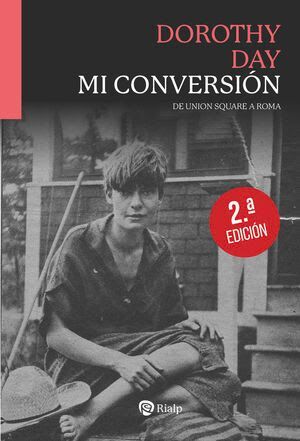
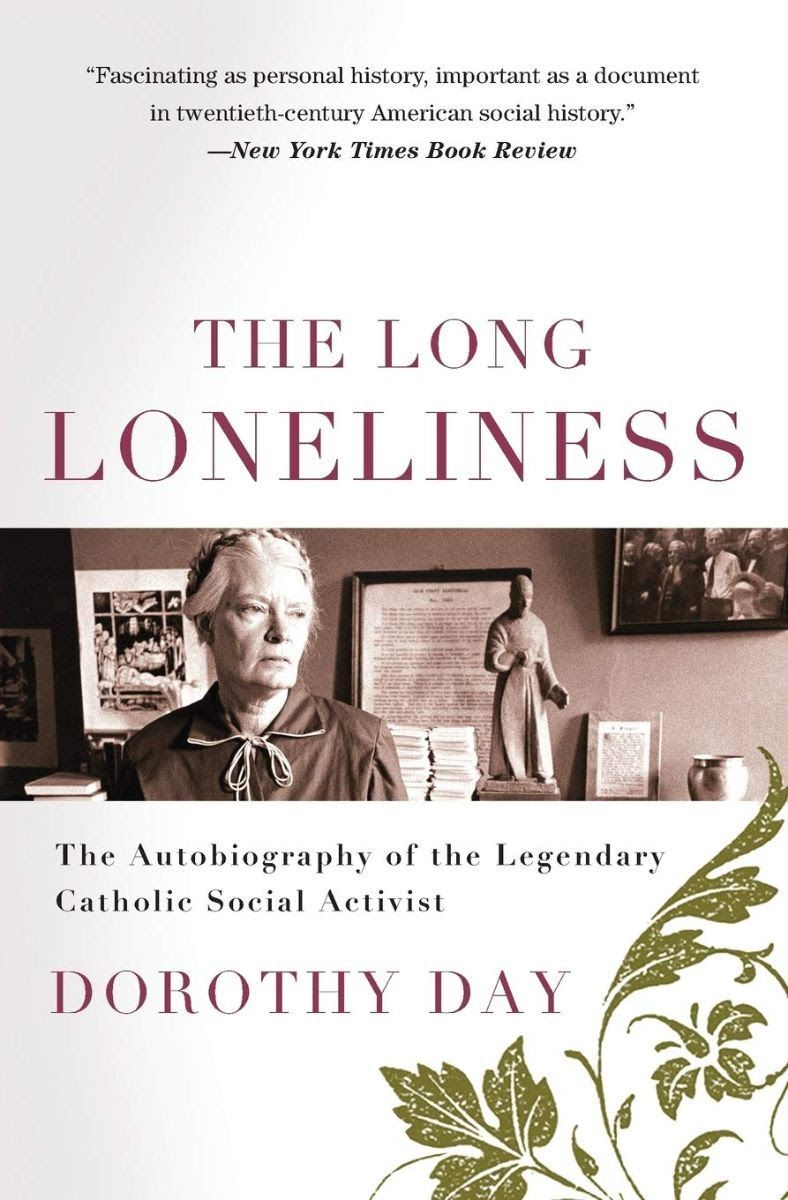
As a reminder, we are offering two more walking pilgrimages in Manhattan this month, as well as one in September. Please join us on Sunday afternoons, from 2:00-4:30 PM on August 10th, August 24th, or September 28th by registering here.
We also heard back from several of the participants who attended the Dorothy Day Retreat at Pyramid Life Center last month– it looks like it was a wonderful experience! We are so glad this group had the opportunity to engage in such fruitful conversation and prayer in this restful and beautiful setting.
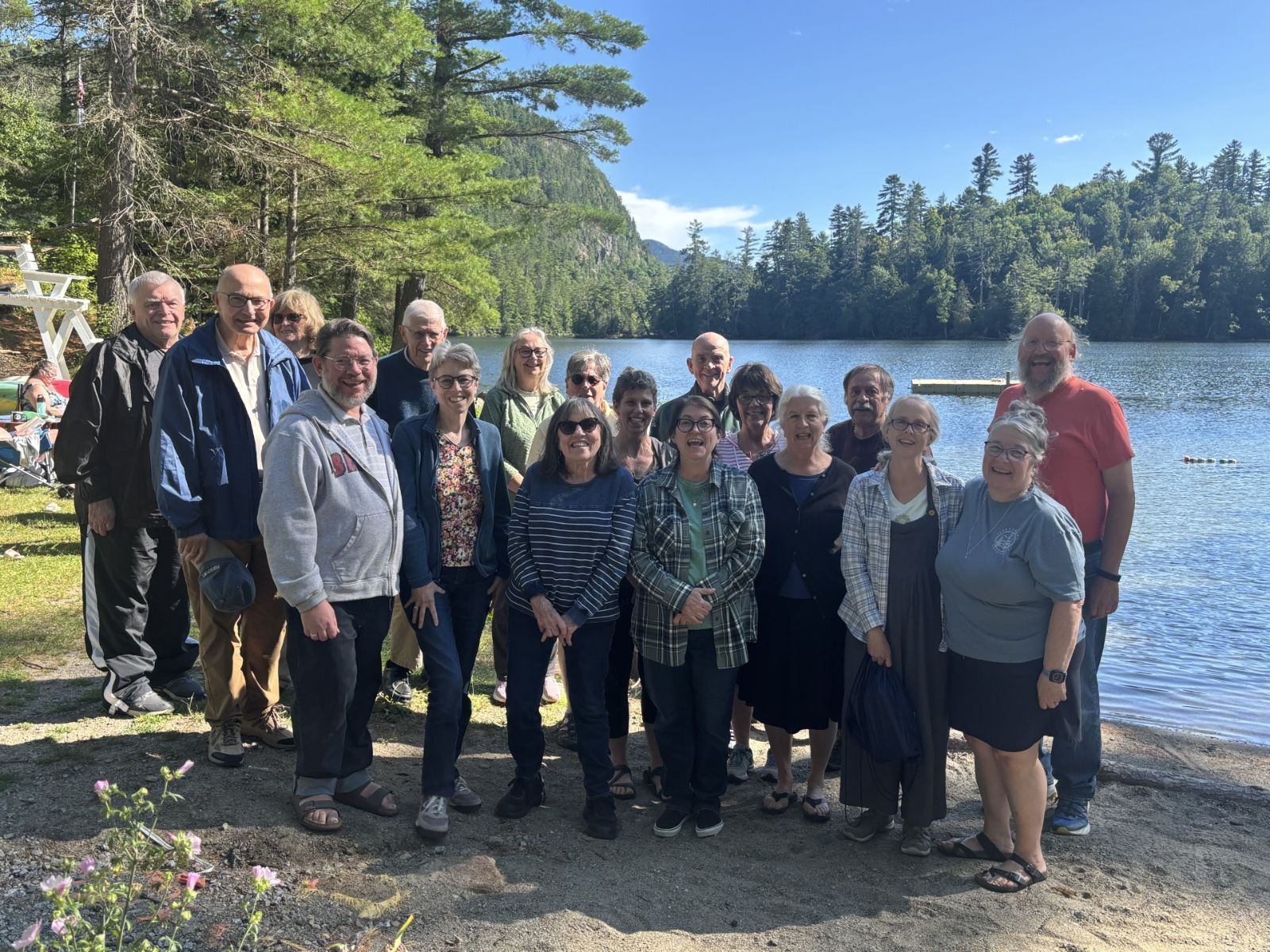
Prayer requests:
In the past month, we have received several pressing requests for intercessory prayer, as well as news of graces and favors received– which call for prayers of thanksgiving! Asking Dorothy’s spiritual accompaniment and intercession on behalf of those in our lives who are injured or sick is perhaps the single most significant thing each of us can do to further her cause for canonization. Out of these prayers, we trust that not only will our afflicted loved ones receive relief from their suffering, but that eventually, in God’s own time, the miracle which will confirm Dorothy’s presence in heaven will arise. With that in mind, please join us this month in lifting up the following needs to God:
First, Geoffrey from Massachusetts has asked for prayer on behalf of his friend Jennifer, who is currently suffering from cardiac issues and is receiving hospice care. Please ask that Jennifer’s heart be restored to full functioning, and that she and her husband and their two grown children receive solace and comfort during this difficult time.
Please also pray for Kenzie, a young mother in Indiana who has cancer and is expecting her second child. Kenzie is truly in need of a miraculous healing of her illness to give this baby enough time to grow and develop while in the womb, and so that she can see this baby and her older daughter grow up. Kenzie is a dear friend of the South Bend Catholic Worker community; please ask for Dorothy’s intercession on her behalf and that of her family.
Many of the prayer requests we receive come from friends and members of the Guild whose loved ones are facing incredibly distressing circumstances, but we are comforted to know that these prayers are sometimes answered in the form of graces or favors– while these might not rise to the level of a true “miracle,” we understand them as persistent signs of God’s loving presence enacted in our relationships or through the skill of doctors and nurses. Geoffrey also wrote to us with the good news that his neighbor Gary, a mechanic who is often exposed to toxic chemicals in his line of work, received healing from a painful skin condition that had bothered him every summer. A friend of the Guild, who wished to remain anonymous, wrote to us from Australia to say that he had received a frightening result on a pathology test which indicated warning signs for cancer. After praying to Dorothy and others, he received good news at the four-month follow-up visit and seems to be in the clear. For both of these graces and favors, Deo gratias!
Finally, the Dorothy Day Café in Baton Rouge opens this Thursday, August 7th! In this Instagram video, Fr. Josh Johnson, the pastor of Sacred Heart Parish and founder of the Dorothy Day Café, explains how Dorothy is an exemplar of the kind of Holy Spirit-inspired faith which compels Christians to take God’s love out into the world, beyond the walls of the church building, one act of love at a time. As the Sacred Heart Parish community undertakes this new work of relationship and accompaniment, please ask Dorothy to be with them and the guests they will welcome.
A few words from Dorothy:
Dorothy was in her own lifetime a great believer in the power and necessity of intercessory prayer. In the summer of 1974, she wrote from the farm at Tivoli, intending to offer some exegesis on Jesus’ command to “Resist not evil,” but instead ending her column with a reflection on the life and witness of her friend Ammon Hennacy, an ardent pacifist and opponent of nuclear war,
“who every August commemorated the victims of Hiroshima and Nagasaki and did his part expiating our national crime by a fast which grew longer every year since that fatal August.
He was not one of these non-cooperators, or resisters when he went to jail for civil disobedience–I cannot count the number of times. He treated all men as brothers, even those who arrested him or sneered at him for his lifetime opposition to war. He was always ready to help or serve anyone, friend or foe, police or jailor. I went to greet him once when he was being released from the Federal Prison at Sandstone, Minnesota. The warden came out with him, as he was being released, to shake his hand, and mine too, telling me he had never met a finer man.
He asked nothing for himself (like Peter Maurin) but took the jobs assigned him, indoors or out. He rejoiced in helping build up a library at Sandstone. He liked to share the meat and fish served (he was vegetarian), and the men sitting next to him benefited by his portions.
He was as friendly as a puppy, I used to say, never abashed or resentful at any brushoff. He respected courage and honest conviction–even when it meant acceptance of war. I should admit that he was at times highly critical of the clergy for their luxury, their drinking (an expensive habit) and conformities to patriotism. He had a strong faith that men could change, and a fearlessness, a courage, unmatched by anyone I have ever met. He literally talked himself out of bodily danger on numerous occasions–a crazed welfare recipient with a knife, a brutal cellmate intent on rape, a mob in Arizona coming to his isolated cabin to “get him.” Moral jiujutsu, he called it.
Dear Ammon, pray for us that we too grow in courage, “Love casts out fear,” and we are living in fearful times.”
Ammon Hennacy, “Non-Church” Christian, was an exemplar of the sort of nonviolent love which truly understands every single human being as a son or daughter of God. This is the love which God invites us into through the Incarnation, Resurrection, and Ascension of Jesus. Dorothy asked Ammon, who had died in 1970, to pray for those who were trying to imitate this active, nonviolent love in fearful times.
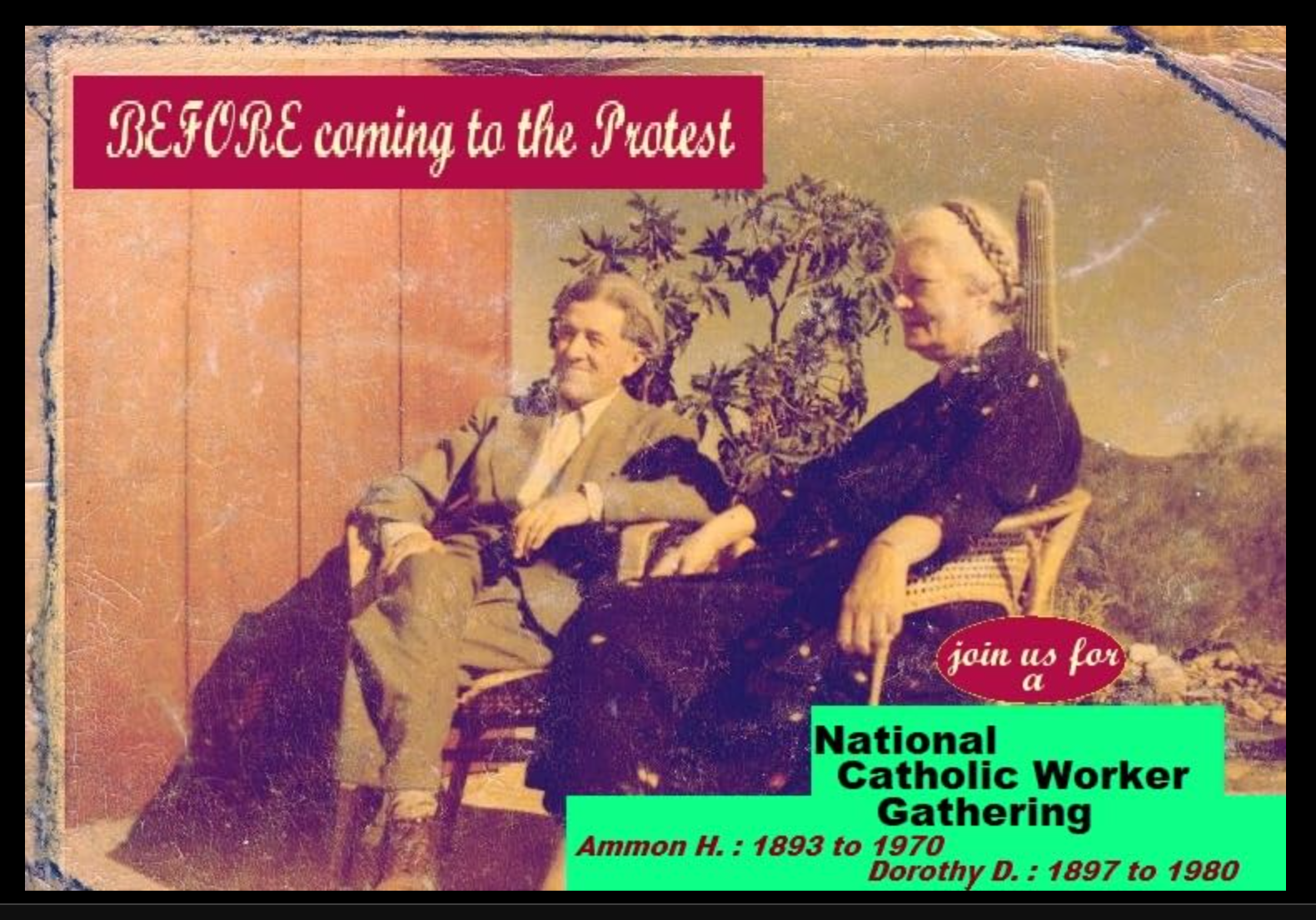
More than fifty years after Dorothy published this column, we are still living in fearful times. This month, as we pray and take action to protect the dignity of migrants, to end the ongoing genocide in Gaza, and to repent of the sin of nuclear war and the stockpiling of nuclear weapons, let’s join Dorothy in praying for growth in courage and an increase in the love which casts out fear.
In peace,
Dr. Casey Mullaney, on behalf of the Dorothy Day Guild
Share this post
